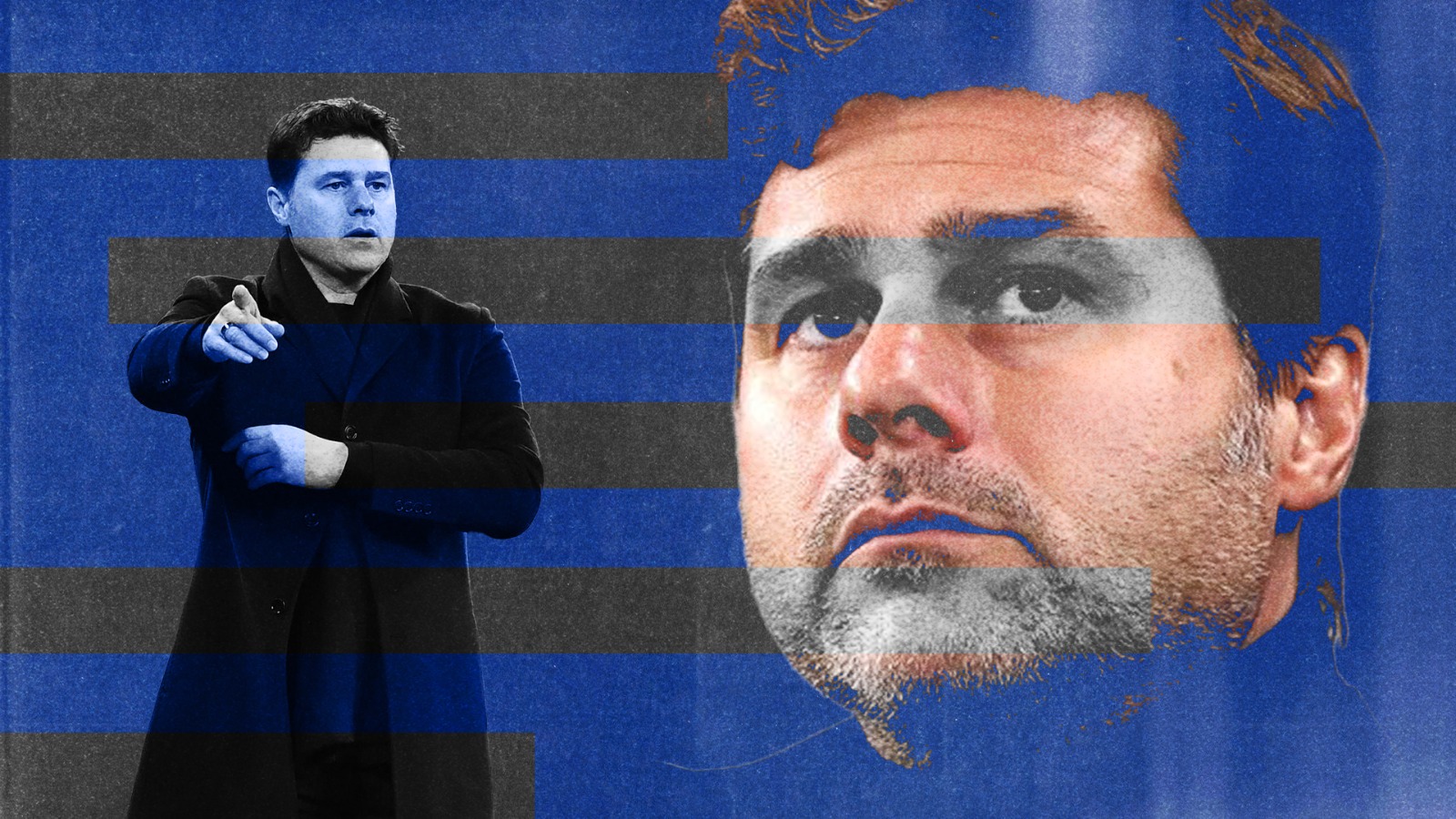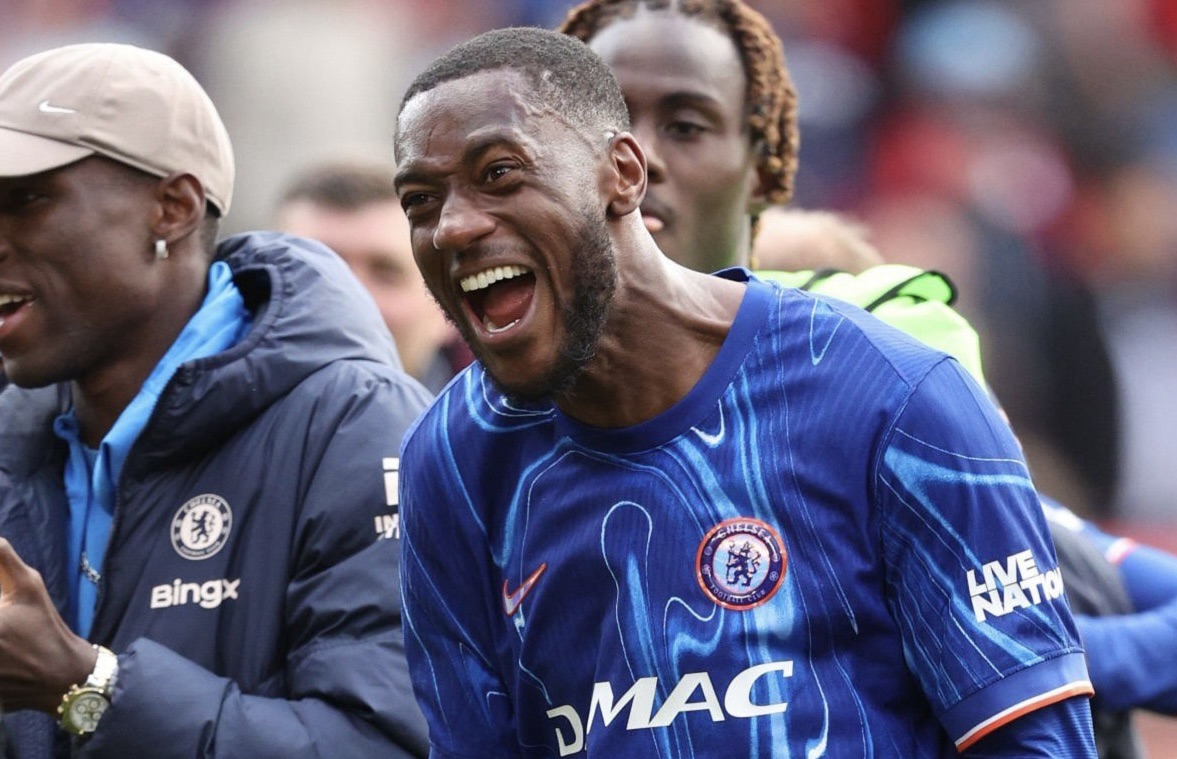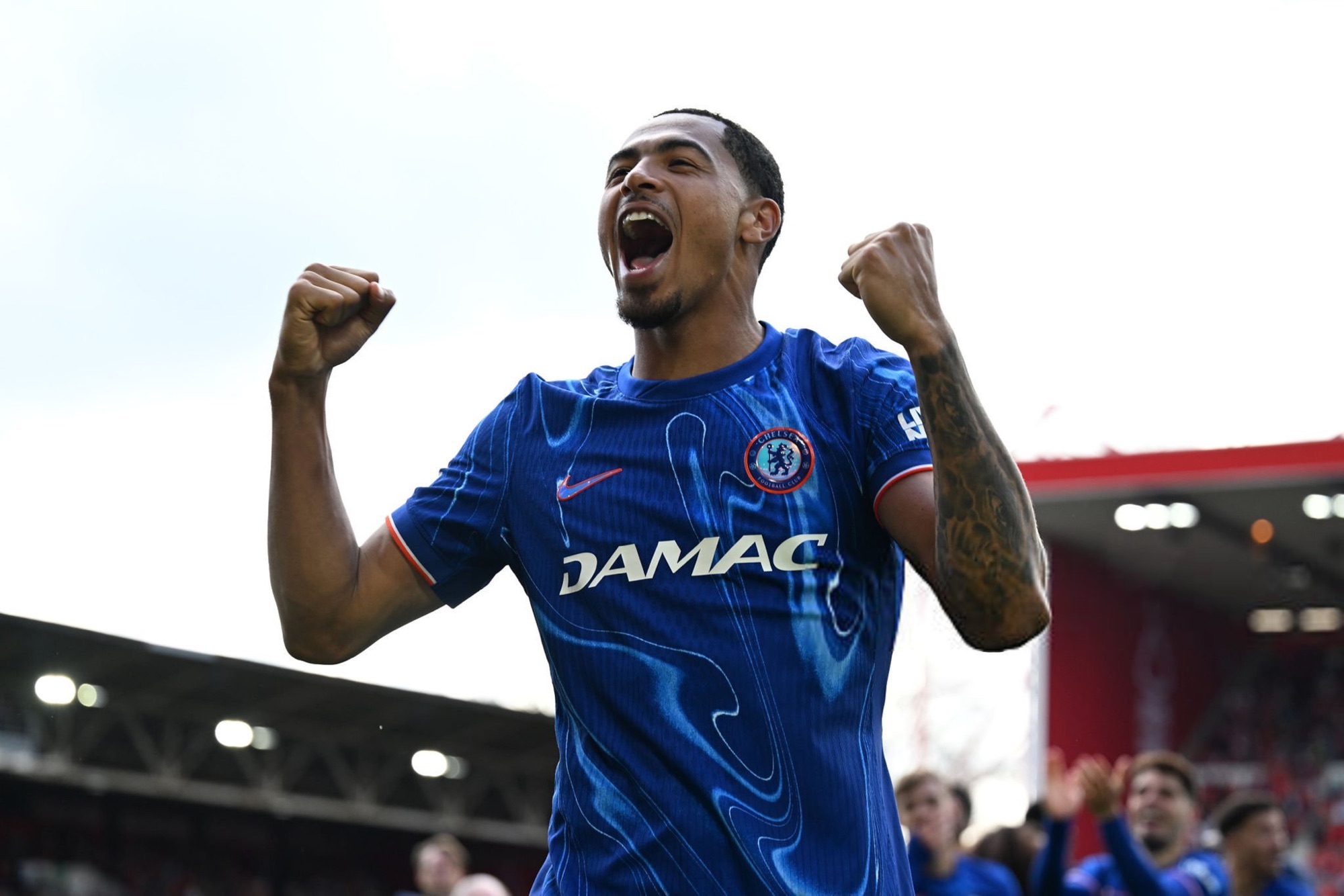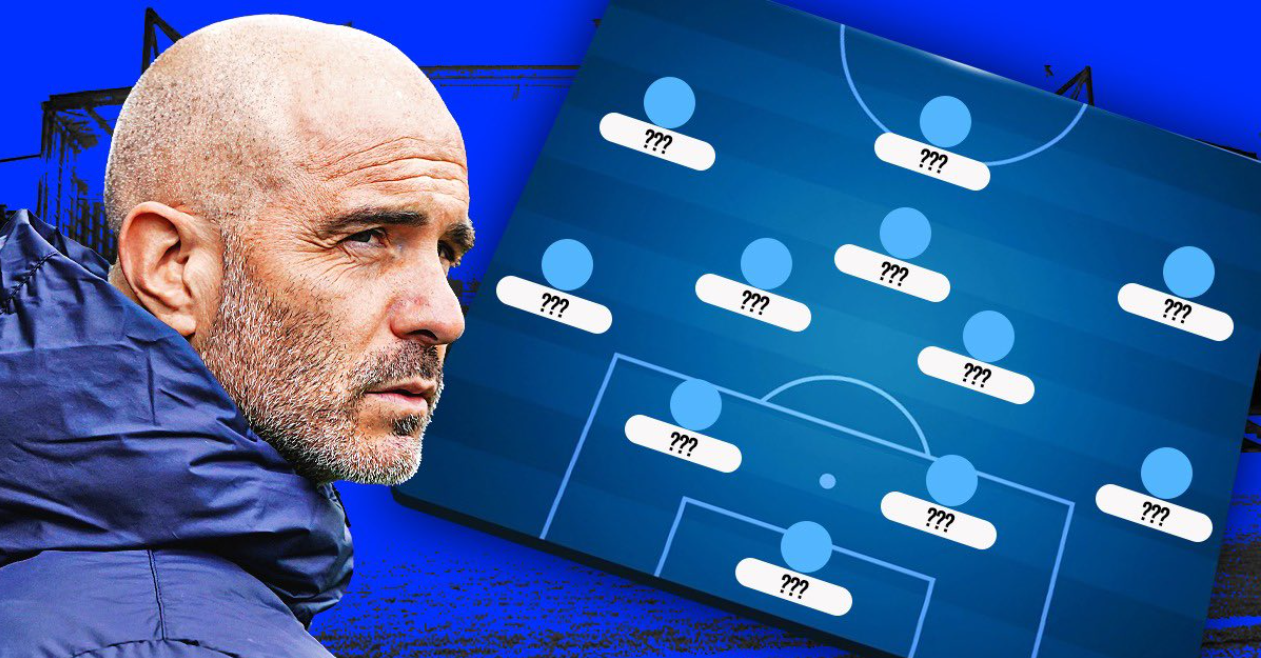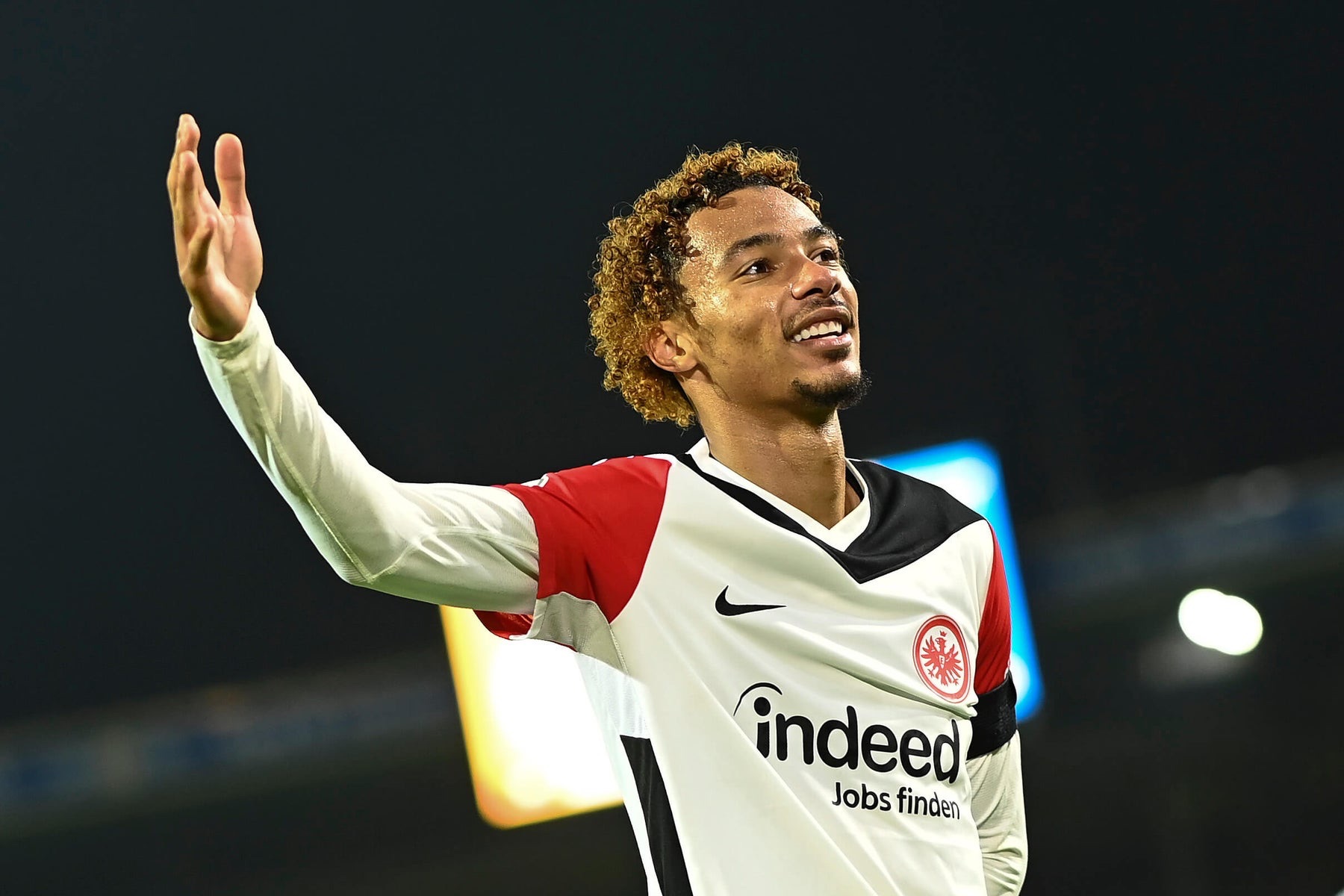Mauricio Pochettino is now the favourite to be named the next permanent Chelsea head coach after Julian Nagelsmann and Luis Enrique were ruled out of the race.
With that being said, what would Pochettino mean for Chelsea’s future? What would be the positives and negatives of his appointment? Let’s take a look at his time at various clubs so far in order to paint a picture..
Pochettino joined Spurs from Southampton on the 27th of May 2014. In Pochettino’s time at Tottenham, he managed to take them to two cup finals of which he lost both (one of which was against Chelsea in the league cup). However, the highlight of his Spurs career was taking them to the 2018/19 Champions League final where they lost 2-0 to Liverpool.
The Argentine also managed to achieve 3rd place in the Premier League in the 2015/16 season, in only his second season at the club. Many considered Tottenham to be in a title race until Chelsea drew with Spurs 2-2 in the famous “Battle of the Bridge” game which then confirmed Leicester City as champions.
The following season Pochettino managed to achieve 2nd place in the Premier League in the 2016/17 season as they finished runners-up to you guessed it, Chelsea. This was Tottenham’s best finish since 1962/63.
So many regard Pochettino’s time at Spurs as a huge success and many Tottenham fans miss him to this day, but what can we take from his time at Tottenham and how can we correlate that to what we could see at Chelsea?
Youth Development:
/cdn.vox-cdn.com/uploads/chorus_asset/file/12787301/1024659348.jpg.jpg)
One of the main factors that brought Pochettino to Tottenham from Southampton was his ability to develop youth talent already at the club. In Pochettino’s 2013/14 season with Southampton where he led them to 8th in the Premier League (their best finish since 2002/03), Pochettino developed players such as Adam Lallana, Morgan Schneiderlin, Dejan Lovren, Luke Shaw and James Ward Prowse – as well as getting the best out of Rickie Lambert, which subsequently saw all of these players get moves to top 6 clubs (other than James Ward Prowse who is still at Southampton to this day and is their best player).
At Tottenham, he proceeded to take a similar path. In his first season at Tottenham in 2014/15, Pochettino only spent around £28 Million, two of which were Eric Dier for £4 Million and Dele Alli for £5 Million who are two very important players that we will talk about soon. This season, Pochettino used a lot of the squad he already had and developed many of these younger players into talented high quality Premier League players.
The likes of Kyle Walker (24), Danny Rose (24), Eric Dier (21), Ben Davies (22), Erik Lamela (23), Andros Townsend (23), Christian Eriksen (23), Ryan Mason (23), Nabil Bentaleb (20) and of course Harry Kane (21) all played huge parts for Tottenham that season when finishing 5th in the league on 64 points.
But it wasn’t what Pochettino did in that one season that stood out, instead, it was the young foundation he had built to move forwards as a team. Going into the 2015/16 season Tottenham now had a great foundation to build upon, with the young Harry Kane netting 21 Premier League goals in the 2014/15 season. Spurs and poch had found their talisman to build around, it was then all about adding the finishing touches to the forward line with the creative Christian Eriksen and Erik Lamela.
Tottenham also acquired Son Heung-min to join the attack, as well as the returning Dele Alli (bought in 2014/15 season) from his loan back at MK Dons.
The ability Pochettino showed at Tottenham to develop young talents such as Harry Kane, Christian Eriksen, Kyle Walker and Dele Alli could be a pivotal skill for the next Chelsea coach to have due to the young nature of this current squad. The likes of Mykhalio Mudryk, Noni Madueke, Carney Chukweumeka, Andrey Santos, Levi Colwill and Malo Gusto are all players that would benefit from a coach that can help them progress and enhance the talent they possess, whilst other young more established players such as Enzo Fernadez and Wesley Fofana could also benefit from this young core being established at the club.
The tactics of Pochettino :
At Tottenham, Pochettino often favoured the 4-2-3-1 formation. He liked to deploy two holding midfielders capable of breaking up play in order to allow the front 4 to be fluid and free in attack.
Pochettino used Eric Dier in a half-back position for Tottenham where he would drop between the two Centre backs to build play from the back and also provide cover when losing possession.
Christian Eriksen was the focal point for Pochettino’s Tottenham side as he was the creative spark in the team, allowing Dele Alli to play almost as a second striker off of Harry Kane, this also allowed Son Heung-min to play as a left inside forward and be a direct goal threat.
Pochettino wanted his fullbacks to push high up the pitch and create overloads in attack too and this suited the athletic nature of Danny Rose and Kyle Walker allowing them to use their pace on the overlap and cause the opposition problems. As the fullbacks would push forwards and create width, this would allow the rotation of Eriksen from the right side into the center to get on the ball and create for Tottenham, as well as Son Heung-min to come inside and be closer to goal.
Many of the players Pochettino favoured at Tottenham have similarities in skill sets to those in the current Chelsea squad. For example, Reece James and Ben Chilwell are both very athletic and talented fullbacks who like to push forwards and create overloads for the team and can do so effectively. New signing Christopher Nkunku likes to play as a second striker and be dangerous around the box by scoring goals and creating chances much like we saw from the best days of Dele Alli.
Mykhalio Mudryk could be molded and coached into a Son Heung-min type player out on the left, offering slightly different things in skillsets, but similar output for the team from that left flank.
However, the natural number six who could fill in as a halfback and protect the defense, and a natural number 9 would need to be acquired for this squad to fit Pochettino’s style. The other role would be the Eriksen role, and this is a role that could be won by a few players such as Joao Felix (if he is signed permanently), Mason Mount (if he stays at the club) or even a Hakim Ziyech should Pochettino join and request Ziyech is kept for this role (although this is unlikely).
One thing to note is some tweaks could be made to this style as Chelsea have a very creative and controlling midfielder by the name of Enzo Fernandez. Enzo could add a lot of this creative drive that Eriksen gave Tottenham, just from slightly deeper on the pitch, so this could see Pochettino instead use a more natural right winger such as Noni Madueke. If one thing is for sure, Pochettino has a big squad of players to decide who he can get a tune out of.
The concerns – Mentality and the relationship with Chelsea supporters :
My biggest worry about Pochettino and Chelsea is the relationship Pochettino has with Tottenham and how this could affect him from the very beginning at Chelsea. Pochettino in his time with Tottenham did not win a trophy and despite having some good finishes and getting to cup finals, would not be allowed the same leeway with the Chelsea supporters should he fail to win trophies.
At Chelsea, the fans expect you to win and win with regularity and for Pochettino to even be somewhat accepted universally in the Chelsea crowd at Stamford Bridge, he would have to win the biggest trophies fairly quickly and also buy into the Chelsea culture.
A worrying quote from Pochettino in 2019 came after a 2-0 loss to Crystal Palace in the fourth round of the FA Cup. Pochettino said via Sky Sports “Trophies only build ego, and the most important thing is for Tottenham to always be in the top four”. This quote rings alarm bells as a Chelsea fan.
Under Roman Abramovich Chelsea became familiar with winning trophies and competing for the highest honours every year. This sort of top-four mentality would not be accepted by Chelsea fans and the aim should be to get back to the very top, challenging for League titles, Domestic trophies and European trophies as soon as possible.
Also as previously mentioned, Pochettino’s links with Tottenham would mean he is coming into Chelsea with fans already against him. It would only take a few poor results for fans to turn, and in the situation Chelsea are currently in this would be a very, very, very risky move.
Pochettino had struggles getting PSG fans on side also. The title win was celebrated with many empty seats around the home stadium as supporters were growing annoyed with Poch and co. L’equipe at the time reported that the fans were angry about the UEFA Champions League, they wanted PSG and Pochettino to deliver in the big moments.
Pochettino said at the time: “In our last games and especially since the Champions League, our fans have expressed their anger”
” I have always said that it is freedom of expression. They have the freedom to express their opinion”
” I think in a 90-minute game I would like to have our fans on our side. Unfortunately, that’s not the case. There is nothing we can do about it“.
” A tenth title would be very important for the club. It’s not something I underestimate or think isn’t important. It is very important. We are talking about a history of only nine league titles”
“We have the chance to win the tenth one and I think doing it together would be a better way. It’s sad that we can’t share this joy with everyone because everyone deserves it“.
I believe the next manager appointed at Chelsea NEEDS to be someone the entire fanbase can get behind to avoid further unrest at the club.
By Connor Holden.
Pochettino’s time at PSG – By Alex Barker
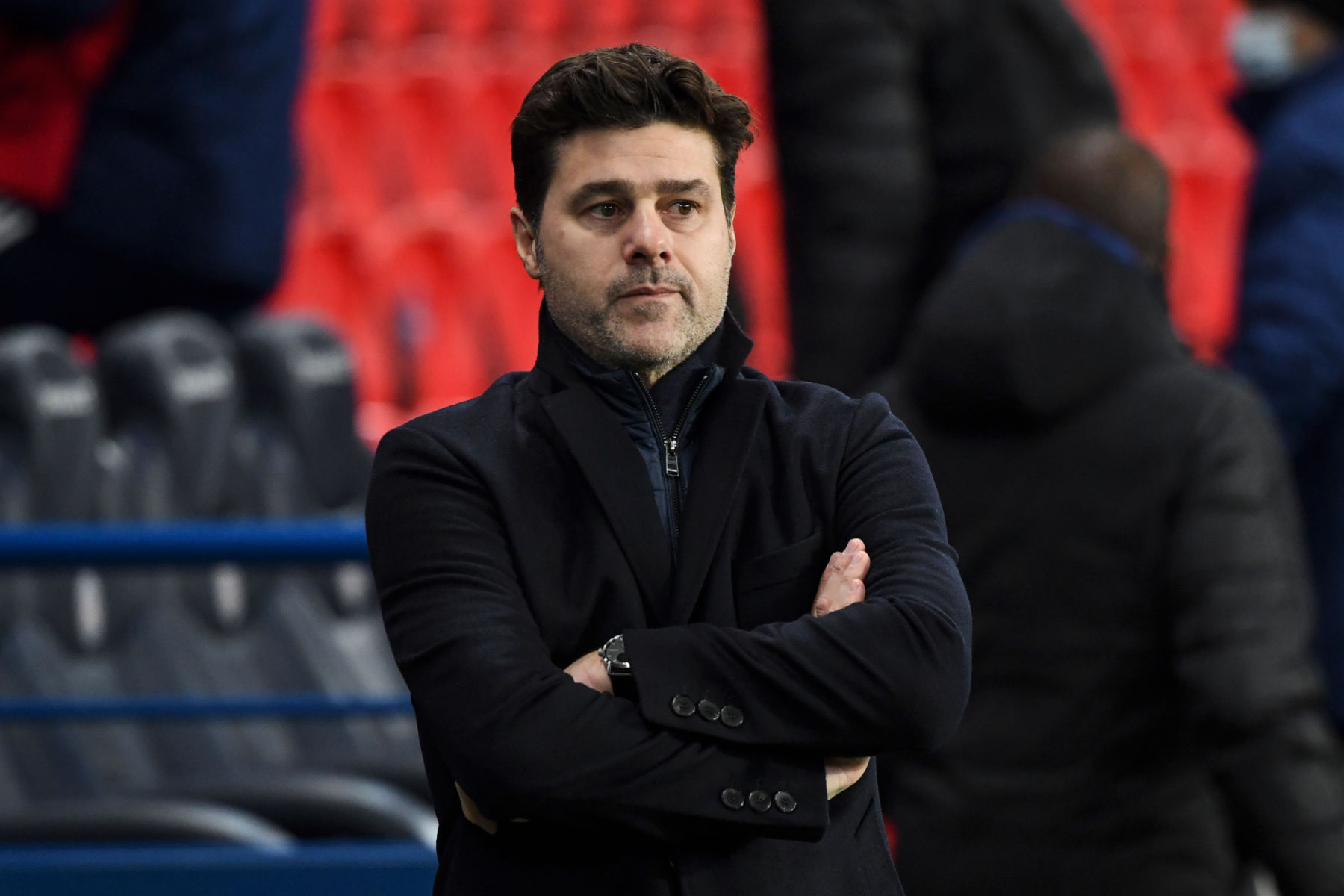
Let’s get one thing out of the way; Failing at PSG isn’t okay just because ‘every coach fails at PSG’. That’s a lazy argument that takes away all nuance from the topic.
It’s also quite insulting to Pochettino because while he had severe shortcomings, his tenure started relatively well. After getting appointed in December 2020, replacing outgoing Thomas Tuchel, Poch maintained the good parts of PSG while negating some of the worst bits.
Their points per game in Ligue 1 rose from 2.05 to over 2.2 in the second half of the season, and to those who will also lazily argue that ‘Pochettino bottled Ligue 1’ – That’s again, a lazy and insulting argument. Lille won the title that year with a team of young stars who have gone on to be some of Europe’s best, such as Jonathan David, Mike Maignan, Sven Botman. From January to May, Les Dogues collected as many points as PSG.
In the Champions League too, where PSG were expected to equally compete, Pochettino nearly outdid his predecessor. Faced with a run of Barcelona, Bayern Munich, and Manchester City, Le Parisien only fell in the semi-finals to the English side. Poch relied on creating a quick, transitional attacking team. Kylian Mbappe was noticeably stronger bending his runs in behind defences, leading to goals against Barcelona and Bayern.
PSG grab a vital early goal away at Bayern!
— Football on TNT Sports (@footballontnt) April 7, 2021
Kylian Mbappe scores in the snow ❄️ pic.twitter.com/KK4HIRTTAk
However, against the weaker sides in France, there were some warning signs. PSG were flat in their attack against deeper blocks, and this was a problem that would heavily intensify in the 21/22 season.
Again, Pochettino did win Ligue 1, by a huge 15 point margin over Marseille. However, he had ended two Ligue 1 campaigns at PSG with the club’s lowest points tallies since winning Ligue 1 in 2015.

Pochettino was in charge for the backend of 20/21, and the full 2021/22 season
What was the real problem though, was the inability to break down deep blocks. It’s hard to quantify this on paper, after all, PSG lost just four times all season in Ligue 1 and scored 90 goals in that season. However, there was a reason that, when in November Manchester United sacked Ole Gunnar Ole Gunnar Solskjær, PSG were reportedly happy to see the back of Pochettino.
🗣 @LaurensJulien: « I think Man Utd will get Pochettino now & Zidane will go to PSG. » he adds, PSG will be ready to let Pochettino join Manchester United right away. ⏳🇦🇷🇫🇷
— PSGhub (@PSGhub) November 23, 2021
You can measure their inability to break down teams by the reliance on Kylian Mbappe. The young Frenchman went supernova in the 21/22 season, contributing to over 40 league goals. However, these weren’t often goals scored early in games as PSG tore apart their competition.
PSG would be extremely flat in the final third for large parts of the game, and it was only come the final stages they would score. Game state-altering goals refer to goals that change a game from a pending loss to a draw, or a draw to a win, and PSG scored far more of these in the final 15 minutes of games in 21/22 (10) than the two seasons around them (Five so far in 22/23, and four in 20/21).
Again, there are caveats. Sporting Director Leonardo was said to not get on with Pochettino, and his recruitment for the Argentine derailed his season from an early stage. In the first few games of the year, former Liverpool midfielder Georginio Wijnaldum looked bright in attacking midfield in Poch’s standard 4-2-3-1, with Di Maria Neymar and Mbappe waiting to line up alongside him.
Then, PSG went and signed Messi. He had to be an automatic starter, as did Neymar and Mbappe, meaning Pochettino was forced into the famous MNM front three. This meant Wijnaldum’s presence in midfield was redundant, as Poch opted for Danilo Pereira, Idrissa Gueye and Marco Verratti to make up for the defensive work of the front three. That defensive work had declined from the previous season too, with Messi particularly disenchanted with playing at all in France in the first half of last season.
Then again, when Pochettino arrived at PSG, he was quoted talking to L’Equipe: “They didn’t come looking for us to build a project, asking what we needed to develop our ideas, what we like.
“We came here to adapt and win, with the structure and players already here. It’s very different.”
So, though his own stylistic goals were limited by the players at his disposal, it’s worth saying that from the outset, he asked to be judged very differently. In that respect, Pochettino failed to show tactical versatility in 18 months in Paris.
Man management frustrations and issues:
It’s worth saying as well that, while the idea every manager struggles particularly at PSG isn’t an excuse for bad results, it’s a factor certainly worth mentioning. According to ESPN, Poch was frustrated during his time there as he wasn’t allowed to discipline certain first-team players, due to requests from those higher up the chain of command.
That said, his man management did seem to fall too often on the side of the premium stars. Xavi Simons, the ex-PSG player who moved to PSV last summer, received just 132 Ligue 1 minutes last season under Poch, despite raving reviews from the youth teams. Simons has since gone on to contribute to 21 goals and assists in his debut Eredivisie campaign, and turned 20 years old yesterday. Poch’s management of youth was a particular bone of contention with fans, a polar opposite to his spell at Tottenham.
At Chelsea, with less first-team superstars and the collaboration with the owners and hierarchy, Poch would likely be allowed to make key decisions with players in the squad and run into fewer instances where he has to prioritise a superstar over developing a young talent.
Conclusion :
There may not be a definitive one actually, but we can start to paint a bit of a picture – Poch suits Chelsea in regards to the young players, he is familiar with projects and has overachieved in England with limited resources.
The main warning signs come through the deep block issue he faced in France, the progression of the Premier League since he left, the relationship with Chelsea fans and his ability to win in the highest-pressure moments, which have been very regular in West London over the last 20 years.
Despite the pro’s and con’s, there is no definitive answer as to how Pochettino will suit and do at Chelsea, what is certain though is that another mess up from the Todd Boehly and Clearlake Capital led ownership would be disastrous.
Whatever will be, will be.

